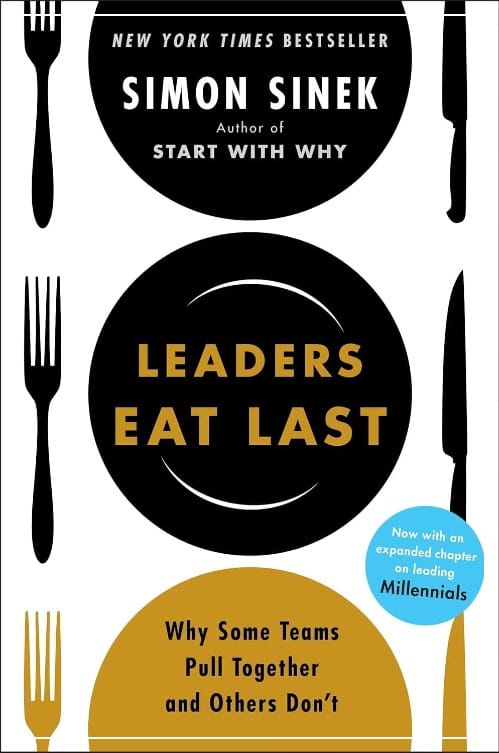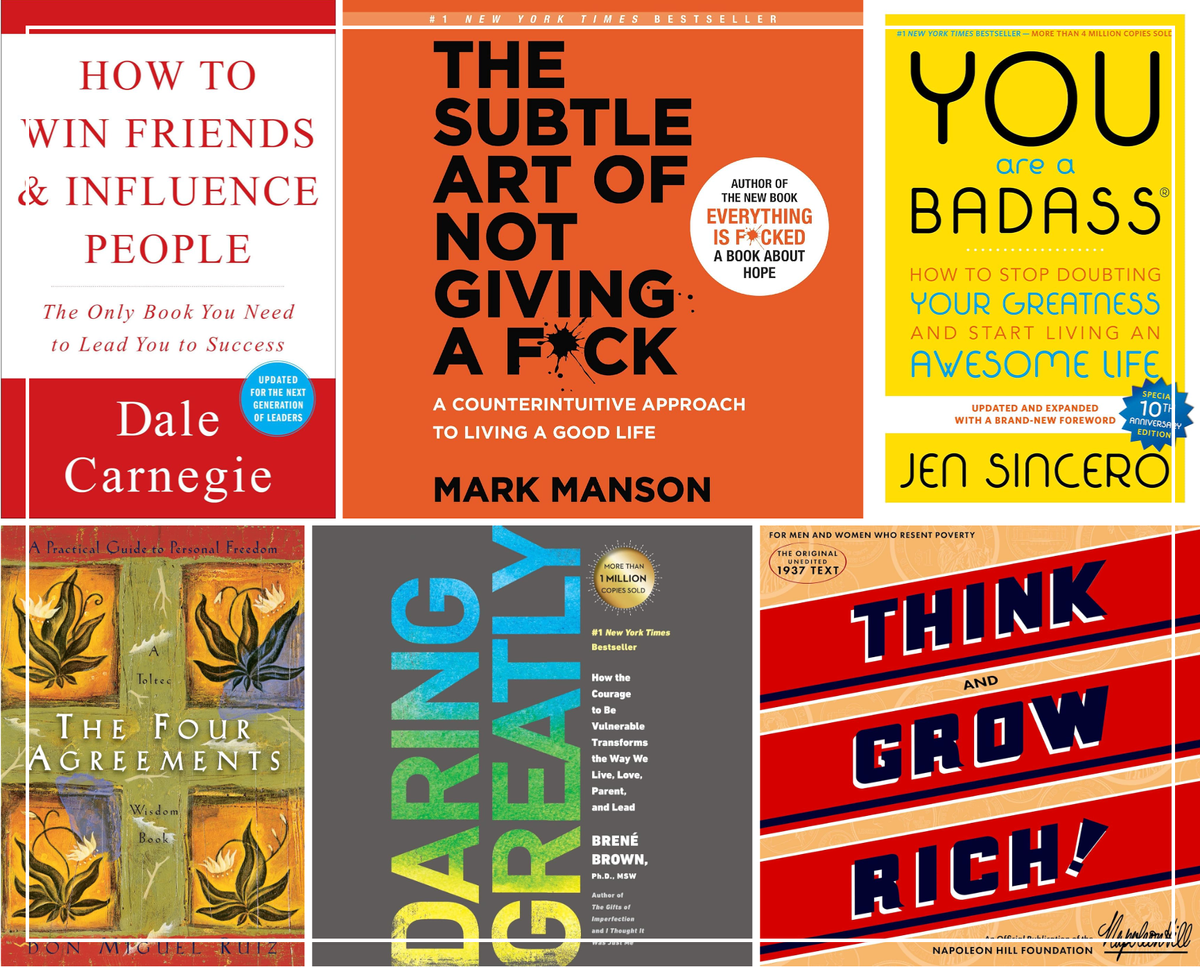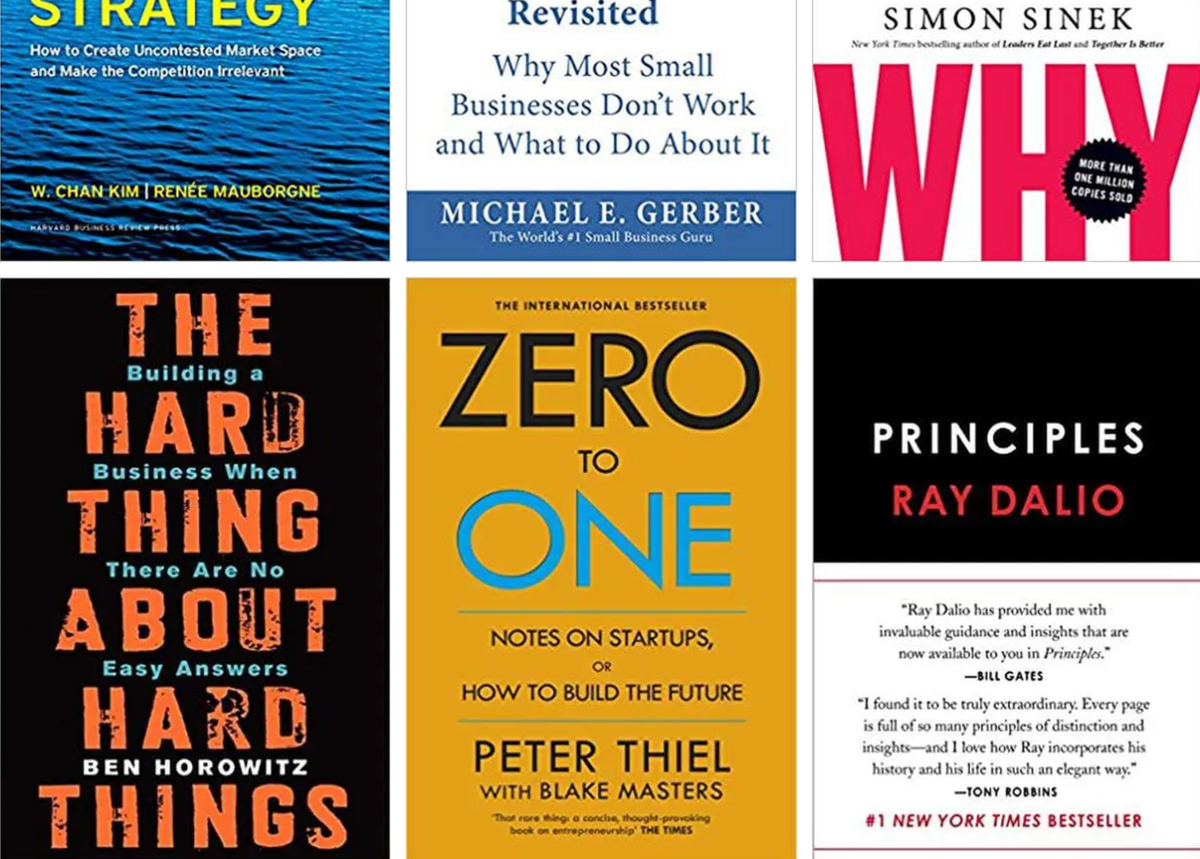Unlocking the Power of Human Relations: A Comprehensive Guide to "How to Win Friends and Influence People"
Discover the key insights from Dale Carnegie's classic on interpersonal skills and winning influence.

In an age dominated by digital communication and rapid technological advancements, the art of interpersonal relations remains as crucial as ever. Navigating the complexities of human interactions can be challenging, yet it's a skill that underpins success in virtually every aspect of life. This is where Dale Carnegie's seminal work, "How to Win Friends and Influence People", comes into play.
First published in 1936, the book has sold over 30 million copies worldwide and has been translated into multiple languages. Its enduring popularity speaks volumes about the timeless wisdom it offers. This comprehensive guide delves deep into the principles laid out by Carnegie, exploring their relevance in today's world and providing practical steps for implementation.
Whether you're looking to improve your personal relationships, advance in your career, or enhance your leadership skills, understanding and applying these principles can be a game-changer. So, let's embark on a journey to unlock the power of human relations.
Table of Contents
- Introduction
- About the Author: Dale Carnegie
- The Timeless Relevance of the Book
- Core Principles of Human Relations
- Applying the Principles in Modern Life
- Critiques and Misconceptions
- The Science Behind the Principles
- Practical Steps to Implement the Teachings
- Success Stories and Real-Life Examples
- Conclusion
- Further Reading and Resources
About the Author: Dale Carnegie
Before diving into the core content, it's essential to understand the man behind the masterpiece. Dale Carnegie was an American writer, lecturer, and developer of famous courses in self-improvement, salesmanship, corporate training, and public speaking.
Early Life and Career
- Born: November 24, 1888, in Maryville, Missouri.
- Background: Grew up on a farm, which instilled in him a strong work ethic and an appreciation for human connections.
- Education: Attended State Teacher's College in Warrensburg, Missouri (now the University of Central Missouri).
- Early Jobs: Worked as a salesperson for Armour & Company, where he became a top seller in his region. He later pursued acting but eventually found his passion in teaching public speaking.
The Birth of a Movement
Carnegie started teaching public speaking classes for adults at the YMCA in New York. Observing that fear of public speaking was a significant barrier for many, he developed techniques to help individuals gain confidence. His classes expanded to include interpersonal skills, eventually forming the foundation of his teachings.
Legacy
- Dale Carnegie Training: An international organization offering courses in self-improvement, interpersonal skills, and leadership. Learn more at Dale Carnegie's Official Website.
- Other Works: Authored several books, including "How to Stop Worrying and Start Living" and "The Quick and Easy Way to Effective Speaking".
Carnegie's teachings have influenced countless leaders and professionals, making his work a cornerstone in personal development literature.
The Timeless Relevance of the Book
Despite being written over eight decades ago, "How to Win Friends and Influence People" remains profoundly relevant. Why is that?
Universal Human Nature
At its core, the book addresses fundamental aspects of human psychology and behavior, which have remained consistent over time.
- Desire for Appreciation: People crave recognition and appreciation.
- Need for Understanding: Everyone wants to be understood and valued.
- Social Connectivity: Relationships are central to human fulfillment.
Adaptability to Modern Contexts
The principles can be applied across various settings:
- Digital Communication: Enhancing online interactions on platforms like LinkedIn or Twitter.
- Globalized Workplaces: Navigating cultural differences in multinational corporations.
- Personal Branding: Building a positive image in the digital age through platforms like PersonalBrand.com.
Endorsements by Successful Individuals
Leaders like Warren Buffett and Lee Iacocca have attributed part of their success to applying Carnegie's principles.
Core Principles of Human Relations
The book is divided into four parts, each focusing on different aspects of interpersonal relations. Let's explore each in detail.
Fundamental Techniques in Handling People
1. Don't Criticize, Condemn, or Complain
Explanation: Criticism often leads to resentment rather than positive change.
Application:
- Focus on Solutions: Instead of pointing out faults, suggest improvements.
- Empathize: Try to understand the other person's perspective.
Example: Instead of saying, "You always submit reports late," try, "I noticed the report was delayed. How can we streamline the process?"
Further Reading:

2. Give Honest and Sincere Appreciation
Explanation: Genuine appreciation boosts morale and encourages desired behaviors.
Application:
- Be Specific: Highlight particular actions or qualities.
- Avoid Flattery: Insincere praise can be counterproductive.
Example: "Your presentation was engaging and well-researched. It clarified many complex points."
Tool: Use the Appreciation at Work model to understand how to express appreciation effectively.
3. Arouse in the Other Person an Eager Want
Explanation: Align your requests with the other person's interests.
Application:
- Understand Motivations: What does the other person value?
- Present Benefits: Show how your proposal meets their needs.
Example: "By collaborating on this project, you'll gain visibility with senior management."
Resource: Learn about motivational strategies at Mind Tools Motivation Techniques.
Further Reading:

Six Ways to Make People Like You
1. Become Genuinely Interested in Other People
Explanation: Showing interest fosters connection.
Application:
- Ask Open-Ended Questions: Encourage them to share more about themselves.
- Remember Details: Follow up on previous conversations.
Example: "How did your daughter's recital go last weekend?"
Tip: Improve your active listening skills with this guide.
2. Smile
Explanation: A simple smile can make a powerful first impression.
Application:
- Positive Body Language: Maintain open and welcoming gestures.
- Authenticity: Ensure your smile reflects genuine warmth.
Example: Greeting colleagues with a smile can create a pleasant work atmosphere.
Insight: Discover the science behind smiles in this TED Talk by Ron Gutman.
3. Remember That a Person's Name is to That Person the Sweetest and Most Important Sound
Explanation: Using someone's name shows respect and attention.
Application:
- Use Names Appropriately: In conversations and greetings.
- Pronunciation Matters: Make an effort to pronounce names correctly.
Example: "Great idea, Maria! Your input is always valuable."
Tool: Use apps like NameShouts to learn proper name pronunciations.
Further Reading:

4. Be a Good Listener
Explanation: Listening attentively builds trust.
Application:
- Active Listening: Nod, maintain eye contact, and provide feedback.
- Avoid Interrupting: Let them finish their thoughts.
Example: During meetings, give full attention to the speaker without checking your phone.
Resource: Enhance your listening skills with Active Listening Techniques.
5. Talk in Terms of the Other Person's Interests
Explanation: Discussing topics they're passionate about keeps them engaged.
Application:
- Research Interests: Know what hobbies or causes they support.
- Find Common Ground: Connect over shared interests.
Example: "I heard you're into hiking. Have you tried the new trail at the state park?"
Tip: Learn networking strategies at Forbes Networking Tips.
6. Make the Other Person Feel Important—and Do It Sincerely
Explanation: Valuing others boosts their self-esteem and your relationship.
Application:
- Acknowledge Achievements: Celebrate their successes.
- Seek Their Opinions: Involve them in decision-making.
Example: "Your experience with marketing campaigns is impressive. I'd love your thoughts on this strategy."
Further Reading:

How to Win People to Your Way of Thinking
1. Avoid Arguments
Explanation: Arguments often lead to stubbornness rather than agreement.
Application:
- Stay Calm: Keep emotions in check.
- Seek Understanding: Find points of agreement.
Example: "I see we have different views. Let's explore both perspectives."
Tool: Learn conflict resolution strategies at Mediate.com.
2. Show Respect for the Other Person's Opinions
Explanation: Disrespect shuts down communication.
Application:
- Acknowledge Valid Points: Even if you disagree overall.
- Avoid Saying 'You're Wrong': Phrase disagreements tactfully.
Example: "That's an interesting point. Here's how I see it..."
3. If You're Wrong, Admit It Quickly and Emphatically
Explanation: Owning mistakes builds credibility.
Application:
- Apologize Sincerely: Without excuses.
- Correct the Error: Take steps to rectify the situation.
Example: "I apologize for missing the deadline. I'll ensure it doesn't happen again."
Applying the Principles in Modern Life
In Personal Relationships
- Improving Communication: Active listening and empathy enhance connections with family and friends. Read more at Verywell Mind.
- Resolving Conflicts: Approaching disagreements with respect and understanding prevents escalation. Learn techniques at HelpGuide.
- Building New Friendships: Genuine interest and positive interactions foster new relationships.
In Professional Settings
- Networking: Remembering names and showing appreciation opens doors.
- Collaboration: Encouraging others' ideas leads to more effective teamwork. Learn about team building at Mind Tools.
- Customer Relations: Sincere service builds loyalty. Enhance customer interactions with HubSpot's Customer Service Tips.

In Leadership and Management
- Motivating Teams: Positive reinforcement boosts morale and productivity. Read about motivation in Gallup's Workplace Articles.
- Effective Delegation: Asking for input empowers employees.
- Change Management: Guiding through empathy reduces resistance. Discover strategies at Prosci's Change Management.
Critiques and Misconceptions
While the book is widely praised, it's not without criticism.
Misconception: Manipulative Techniques
Some perceive the principles as tools for manipulation.
Clarification:
- Intent Matters: The principles emphasize sincerity and genuine interest.
- Ethical Use: Applying them ethically fosters mutual benefit.
Critique: Overly Simplistic
Others argue the advice is too simplistic for complex situations.
Response:
- Foundational Skills: While simple, these skills are foundational and adaptable.
- Depth Through Practice: Mastery comes from consistent application and refinement.
The Science Behind the Principles
Modern psychology supports many of Carnegie's ideas.
Positive Reinforcement
- Behavioral Psychology: Rewards encourage repetition of desired behaviors.
- Application: Praising improvements fosters continued progress.
Study: Review B.F. Skinner's work on Operant Conditioning.
Social Proof and Reciprocity
- Influence Tactics: People are influenced by others' actions and tend to reciprocate kindness.
- Application: Showing genuine interest encourages others to engage with you.
Book: "Influence: The Psychology of Persuasion" by Robert Cialdini. Find it here.
Emotional Intelligence
- Self-Awareness and Empathy: Key components in building relationships.
- Application: Understanding emotions improves communication.
Resource: Explore Emotional Intelligence at Daniel Goleman's Website.
Success Stories and Real-Life Examples
Warren Buffett
- Application: Attended Dale Carnegie's course to overcome his fear of public speaking.
- Outcome: Attributes part of his success to improved communication skills.
- Interview: Watch Buffett discuss this in a CBS News Interview.
https://www.booksumamry.io/collection/warren-buffet
Lee Iacocca
- Application: Used principles to revive Chrysler Corporation.
- Outcome: Built strong relationships with employees and stakeholders.
- Article: Read about his leadership style in Time Magazine.
Ordinary Individuals
- Example: A teacher improved classroom management by praising students' efforts.

Conclusion
"How to Win Friends and Influence People" transcends time because it taps into the essence of human interaction. By embracing these principles, you can enhance your relationships, influence others positively, and achieve greater personal and professional success.
Remember, the key is sincerity. Authentic application of these techniques not only benefits you but enriches the lives of those around you. So start today—smile more, listen actively, and show genuine appreciation. The impact might surprise you.
Further Reading and Resources
- "How to Win Friends and Influence People" by Dale Carnegie: Get the book on Amazon or read summaries at BookSummary.io.
- Dale Carnegie Training: Courses on leadership, communication, and interpersonal skills. Visit DaleCarnegie.com.
- "Emotional Intelligence" by Daniel Goleman: Explores the importance of understanding emotions in personal and professional success. Find it here.
- Online Communities: Join forums or social media groups dedicated to personal development.
- Reddit: Participate in discussions at r/selfimprovement.
Empower yourself by empowering others. The journey to better relationships begins with a single step.
Note: For more insightful summaries and analyses of influential books, visit BookSummary.io.




